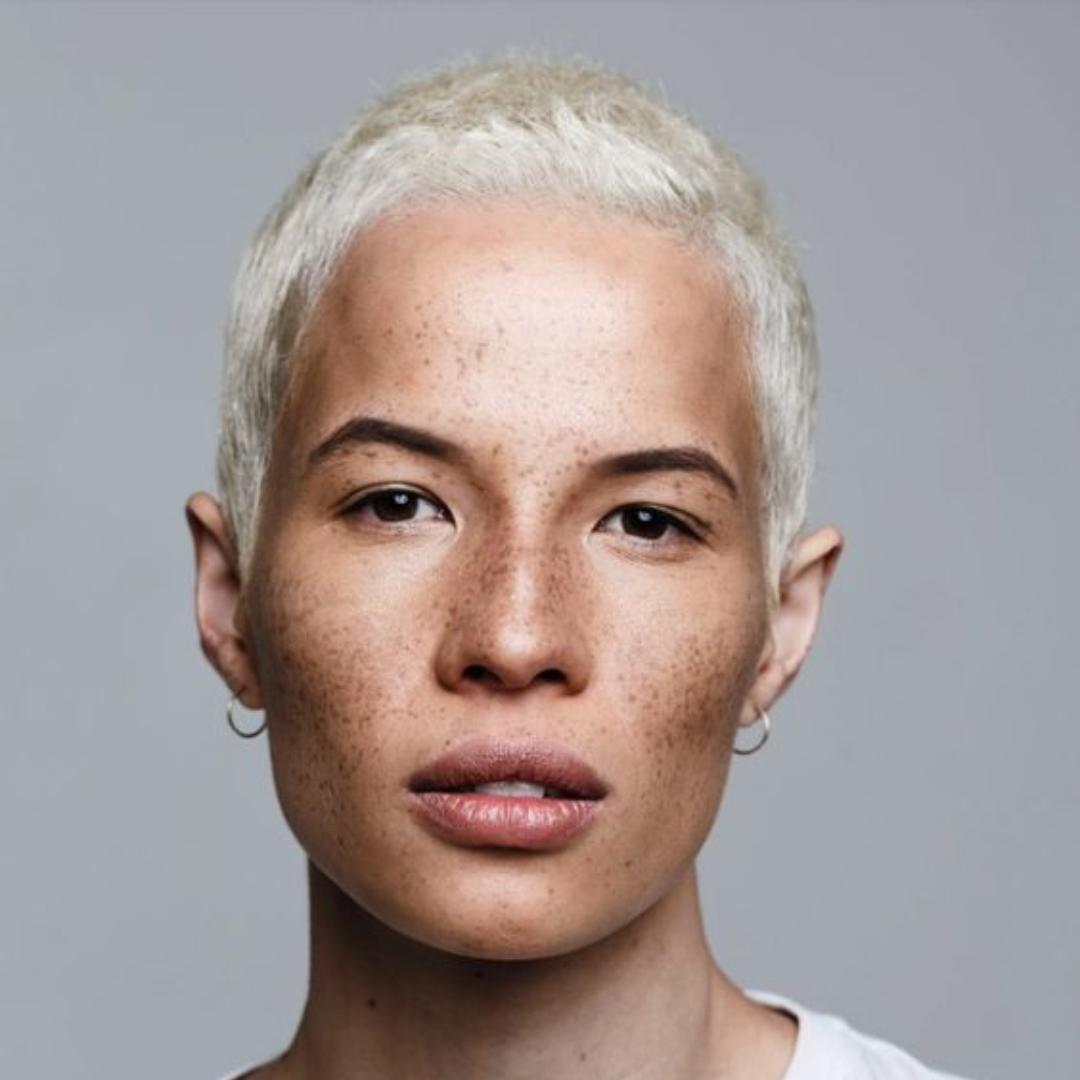
What's the difference between anti-ageing cream and anti-wrinkle cream?
Share
What are the real differences between anti-aging and anti-wrinkle skin care? How do you choose the one that best suits your skin and your needs? In this article, we'll explore in depth the distinctive features of these creams, as well as their benefits and appropriate uses.

Understanding your skin's needs
Before going into the details of anti-aging and anti-wrinkle creams, it's crucial to understand your skin's specific needs. Each skin type reacts differently to external aggressions and the visible signs of skin aging. Some may be prone to wrinkles and fine lines, while others may experience a loss of firmness and elasticity. It is therefore essential to assess your skin type and the signs of aging you wish to target before choosing your skincare product.
Anti-wrinkle creams: targeting the visible signs of ageing
Anti-wrinkle creams are specially formulated to target the fine lines and wrinkles that appear over time. They often contain active ingredients such as hyaluronic acids, known for their moisturizing and plumping properties. These creams are designed to be used topically on areas with fine lines and wrinkles, such as the eye contour and facial contours.
They often contain :
-
Skin retexturizers: Ingredients such as glycolic acid, salicylic acid and lactic acid can help exfoliate skin by removing dead surface cells, which can reduce the appearance of fine lines and wrinkles.
-
Retinol: This is a form of vitamin A known for its anti-wrinkle properties. Retinol can stimulate cell renewal, improve skin texture and reduce the appearance of wrinkles and age spots.
-
Moisturizing agents: Ingredients like hyaluronic acid, shea butter and sweet almond oil can help hydrate skin and reduce the appearance of wrinkles by plumping and smoothing the skin's surface.
-
Filling agents: Certain ingredients, such as silicones and polymers, can be used to temporarily fill fine lines and wrinkles, giving the skin a smoother, more even appearance.
-
Tensing agents: Ingredients such as peptides and plant extracts can help firm skin by stimulating collagen and elastin production, which can reduce the appearance of wrinkles and signs of skin slackening.
Regular use of an anti-wrinkle cream can help reduce the appearance of existing wrinkles and prevent the formation of new ones. They are generally recommended for people with normal to dry skin, as they offer intense hydration while combating the signs of skin aging. They should be applied morning and night, after cleansing and toning the skin, for optimum results.
Anti-ageing creams: a global approach to skin ageing

Unlike anti-wrinkle creams that specifically target fine lines and wrinkles, anti-aging creams take a more holistic approach to combating the signs of skin aging. They aim to improve skin firmness, elasticity and texture, while reducing the appearance of fine lines and wrinkles.
These creams are ideal for those wishing to prevent the signs of aging before they become visible, as well as for those seeking to reduce the appearance of signs of aging already present. They are dedicated to certain skin types or biomimetics to adapt for greater effectiveness. By using an anti-aging day cream and making it part of your beauty routine, you can help maintain your skin's youthful vitality.
Anti-ageing skin care products contain several types of active ingredients.
-
Hyaluronic acids: These ingredients are famous for their ability to deeply moisturize the skin and maintain its elasticity. They also help smooth fine lines and improve skin firmness.
-
Antioxidants: Ingredients such as vitamin C, vitamin E (tocopherol) and retinol act as powerful antioxidants, helping to protect skin against free radical damage and prevent the signs of premature aging.
-
Peptides: Peptides are molecules made up of chains of amino acids that can help stimulate collagen and elastin production in the skin, helping to improve firmness and elasticity.
-
Epidermal growth factors (EGF): These natural proteins help regenerate skin by promoting cell growth and reducing the appearance of fine lines and wrinkles.
-
Nourishing oils: Oils such as argan oil, rosehip oil and avocado oil can provide intense hydration and deep nourishment, helping to prevent dryness and loss of elasticity.
Choosing the right product for your skin
When choosing between an anti-wrinkle cream and an anti-aging cream, it's important to consider your skin type, specific concerns and skincare goals. If you're looking to specifically target fine lines and wrinkles, an anti-wrinkle cream may be the ideal choice. On the other hand, if you want to take a more holistic approach to combating the signs of aging, an anti-aging cream may be better suited to you.
As a complement to creams, using an anti-aging serum can also be beneficial to boost the anti-aging effects of your skincare routine. Serums are formulated with high concentrations of active ingredients and can penetrate deeper into the skin, offering even more visible results.
In short, although the terms "anti-aging cream" and "anti-wrinkle cream" are often used interchangeably, they actually refer to different skincare products, each with its own benefits and uses. Whether you choose an anti-wrinkle cream to specifically target the signs of aging, or an anti-aging cream to take a holistic approach to skin aging, the key is to find the product that best suits your skin and your needs. By incorporating these products into your daily beauty routine, you can help preserve your skin's youthful vitality day after day.
